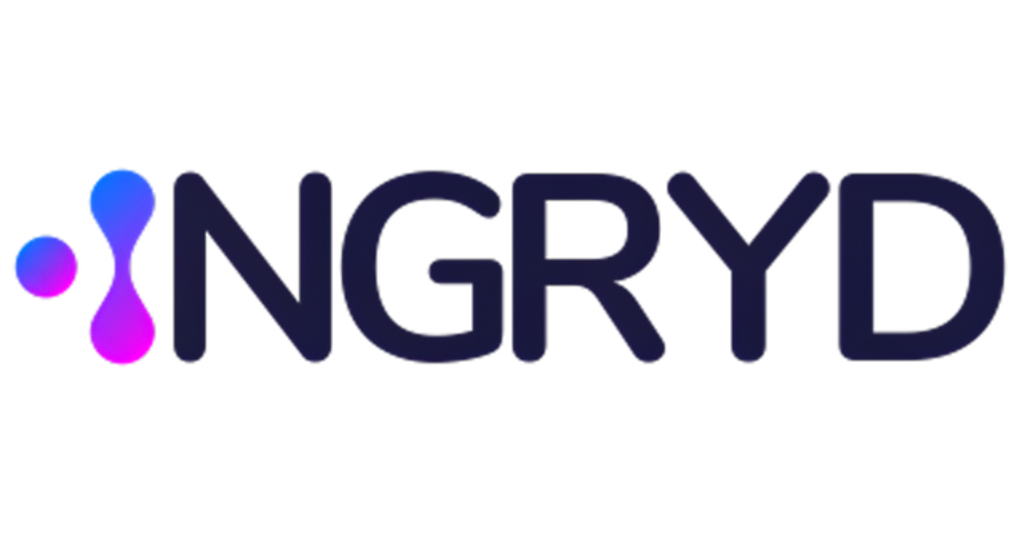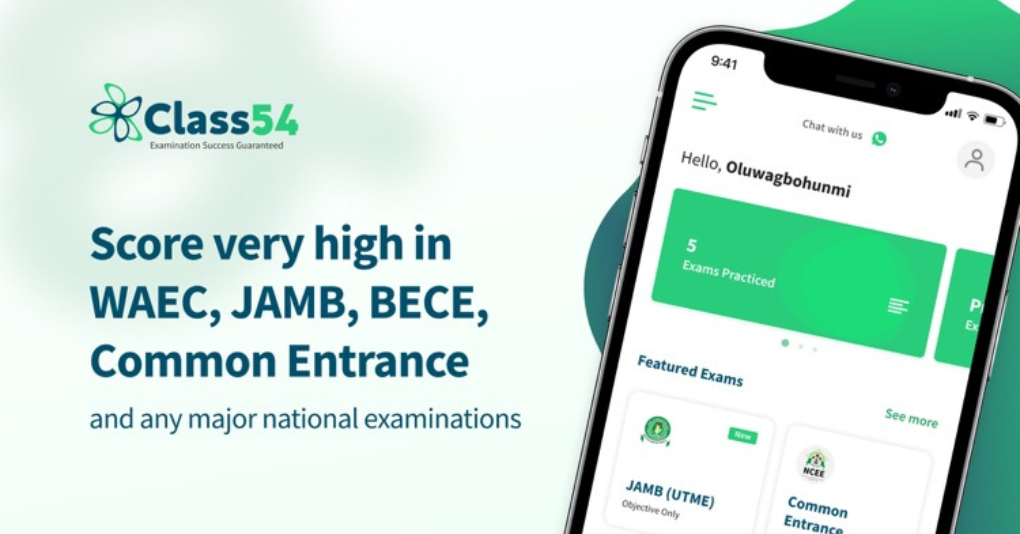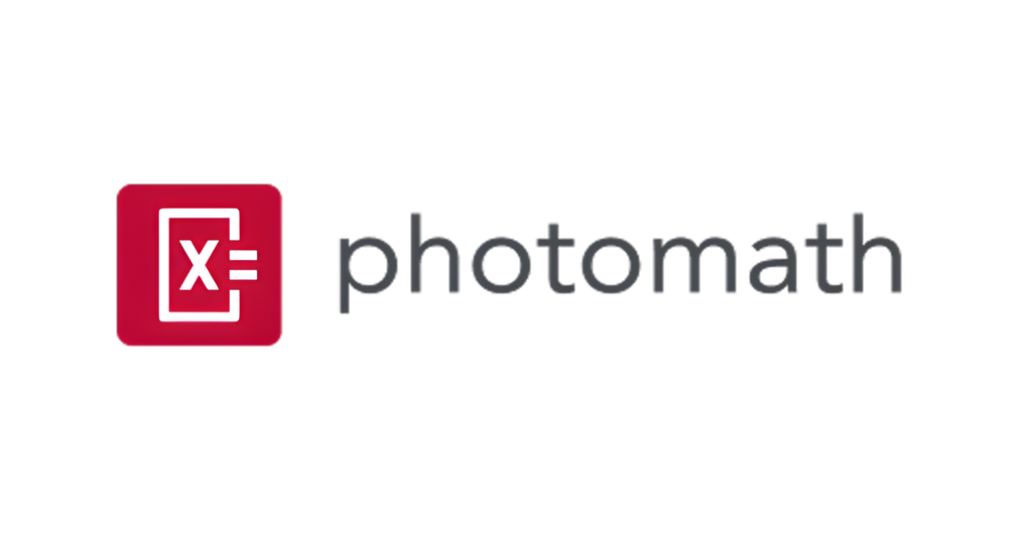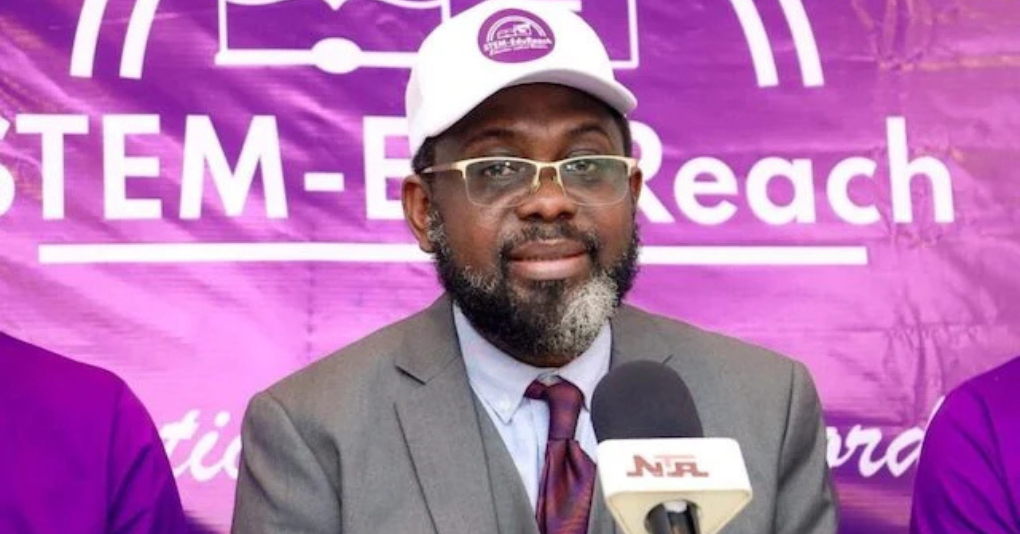The fear of spread of coronavirus pandemic may have paused physical learning in institutions across the globe, with over 1.186 billion learners in 144 countries (as reported by UNESCO on Sunday, June 14, 2020) ) forced to temporarily suspend learning. However, there is still a way out. Thanks to technological advancements in the education sector prior to the outbreak of the pandemic, some academic institutions have resumed activities.
In the advanced countries, most private and public schools have resumed studies online to help their students keep up with learning. For instance, we brought you a report in May that Cambridge University had announced its intention to conduct next academic year online till the summer of 2021. Some schools in developing countries like Nigeria have also begun online studies. However, from observation, most of these schools are privately owned. For instance, we brought you a report in early June on how Bowen University decided to conduct online examinations for its students. From our observations too, a number of privately owned primary and secondary schools have also begun to utilize e-learning tools for studies, especially in the Federal Capital Territory, Lagos and Ogun states. During a brief chat with Nigeria’s Director of ICT of the Federal Ministry of Education, Isa Abubakar, he disclosed to Boldscholar team who were on a brief visit to his office that the Federal government has trained teachers at the Unity Schools and made them commence digital learning for students, using Google Classroom and other associated tools. But these are just a drop in the ocean compared to many other schools that have not even commenced studies with any distance learning tools.
Certainly, the time is ripe for schools in Nigeria, both privately and publicly owned schools, to begin to use technological tools for learning. What is currently deterring most of these schools from using the tools is certainly not lack of fund as some of these tools are free. The hesitation could be as a result of ignorance of the existence of such digital learning tools on the part of the operators of such schools, or the fear of what might be the result of the introduction of such technological tool.
Related Article:
Google E-learning Tools for Your School, also Suitable for Deaf Students
Obviously, the introduction of e-learning tools surely comes with its own burden, such as provision of internet services and computer devices, which might range from common laptops to electronic boards, based on the budget of the school. However, the advantages of such technological advancement far outweigh its troubles.
In this article, we listed out some of the e-learning solutions that schools can take advantage of both now and after the COVID-19 pandemic. Most of these solutions are listed on UNESCO website. However, UNESCO made it clear that it did not in any way endorse these solutions, but considers them resourceful. We only made few additions to the list.
Digital learning management systems
- CenturyTech – Personal learning pathways with micro-lessons to address gaps in knowledge, challenge students and promote long-term memory retention.
- ClassDojo – Connects teachers with students and parents to build classroom communities.
- Edmodo – Tools and resources to manage classrooms and engage students remotely, offering a variety of languages.
- Edraak – Arabic language online education with resources for school learners and teachers.
- EkStep – Open learning platform with a collection of learning resources to support literacy and numeracy.
- Google Classroom – Helps classes connect remotely, communicate and stay-organized.
- Moodle – Community-driven and globally-supported open learning platform.
- Nafham – Arabic language online learning platform hosting educational video lessons that correspond with Egyptian and Syrian curricula.
- Paper Airplanes – Matches individuals with personal tutors for 12-16 week sessions conducted via video conferencing platforms, available in English and Turkish.
- Schoology – Tools to support instruction, learning, grading, collaboration and assessment.
- Seesaw – Enables the creation of collaborative and sharable digital learning portfolios and learning resources.
- Skooler – Tools to turn Microsoft Office software into an education platform.
Systems built for use on basic mobile phones
- Cell-Ed – Learner-centered, skills-based learning platform with offline options.
- Eneza Education - Revision and learning materials for basic feature phones.
- Funzi – Mobile learning service that supports teaching and training for large groups.
- KaiOS – Software that gives smartphone capabilities to inexpensive mobile phones and helps open portals to learning opportunities.
- Ubongo – Uses entertainment, mass media, and the connectivity of mobile devices to deliver localized learning to African families at low cost and scale,available in Kiswahili and English.
- Ustad Mobile – Access and share educational content offline.
Systems with strong offline functionality
- Kolibri – Learning application to support universal education, available in more than 20 languages.
- Rumie – Education tools and content to enable lifelong learning for underserved communities.
- Ustad Mobile – Access and share educational content offline.
Massive Open Online Course (MOOC) Platforms
- Alison – Online courses from experts, available in English, French, Spanish, Italian and Portuguese
- Canvas Network – Course catalogue accessible for free for teachers in order to support lifelong learning and professional development.
- Coursera – Online courses taught by instructors from well-recognized universities and companies.
- European Schoolnet Academy – Free online professional development courses for teachers in English, French, Italian and other European languages.
- EdX – Online courses from leading educational institutions.
- iCourse – Chinese and English language courses for university students.
- Future Learn – Online courses to help learners study, build professional skills and connect with experts.
- Icourses – Chinese language courses for university students.
- TED-Ed Earth School – Online lessons about nature made available continuously during a 5-week period between Earth Day (April 22nd) and World Environment Day (June 5th).
- Udemy – English, Spanish and Portuguese language courses on ICT skills and programming.
- XuetangX – Online courses provided by a collection of universities on different subjects in Chinese and English.
Self-directed learning content
- ABRA - Selection of 33 game-like activities in English and in French to promote reading comprehension and writing skills of early readers.
- British Council – English language learning resources, including games, reading, writing and listening exercises.
- Byju’s – Learning application with large repositories of educational content tailored for different grades and learning levels.
- Code It – Helps children learn basic programming concepts through online courses, live webinars and other kid-friendly material. Available in English and German.
- Code.org – Wide range of coding resources categorized by subject for K12 students offered for free by a non-profit.
- Code Week – List of online resources to teach and learn computer coding, available in all EU languages.
- Discovery Education – Free educational resources and lessons about viruses and outbreaks for different grade levels.
- Duolingo – Application to support language learning. Supports numerous base and target languages.
- Edraak - A variety of resources for K-12 education in Arabic, targeting students, parents and teachers.
- Facebook Get Digital - Lesson plans, conversation starters, activities, videos and other resources for students to stay connected
- Feed the Monster – Android application in multiple languages to help teach children the fundamentals of reading, available in 48 languages.
- History of Africa – A nine-part BBC documentary series on the history of Africa based on UNESCO’s General History of Africa book collection.
- Geekie – Portuguese language web-based platform that provides personalized educational content using adaptive learning technology.
- Khan Academy – Free online lessons and practice in math, sciences and humanities, as well as free tools for parents and teachers to track student progress. Available in 40+ languages, and aligned to national curriculum for over 10 countries.
- KitKit School - Tablet-based learning suite with a comprehensive curriculum spanning early childhood through early primary levels.
- LabXchange – Curated and user-created digital learning content delivered on an online platform that enables educational and research experiences.
- Madrasa – Resources and online lessons for STEM subjects in Arabic
- Mindspark – Adaptive online tutoring system that helps students practice and learn mathematics.
- Mosoteach – Chinese language application hosting cloud classes.
- Music Crab – Mobile application accessible for music education.
- OneCourse – Child-focused application to deliver reading, writing and numeracy education.
- Polyup – Learning content to build math and gaining computational thinking skills for students in primary and early secondary school.
- Quizlet – Learning flashcards and games to support learning in multiple subjects, available in 15 languages.
- SDG Academy Library - A searchable library of more than 1,200 educational videos on sustainable development and related topics.
- Siyavula – Mathematics and physical sciences education aligned with South African curriculum.
- Smart History – Art history site with resources created by historians and academic contributors.
- YouTube – Huge repository of educational videos and learning channels.
Mobile reading applications
- African Storybook - Open access to picture storybooks in 189 African languages.
- Biblioteca Digital del Instituto Latinoamericano de la Comunicación Educativa – Offers free access to Spanish language works and book collections for students and teaching staff in schools and universities
- Global Digital Library – Digital storybooks and other reading materials easily accessible from mobile phones or computers. Available in 43 languages.
- Interactive Learning Program – Mobile app in Arabic to advance reading, writing and numeracy skills created by the United Nations Relief and Works Agency.
- Reads – Digital stories with illustrations in multiple languages.
- Room to Read – Resources to develop the literacy skills of children and youth with specialized content to support girls.
- StoryWeaver – Digital repository of multilingual stories for children.
- Worldreader – Digital books and stories accessible from mobile devices and functionality to support reading instruction. Available in 52 languages.
Collaboration platforms that support live-video communication
- Dingtalk – Communication platform that supports video conferencing, task and calendar management, attendance tracking and instant messaging.
- Lark – Collaboration suite of interconnected tools, including chat, calendar, creation and cloud storage, in Japanese, Korean, Italian and English
- Google Meet – Video calls integrated with other Google’s G-Suite tools, good for webinars and suitable for people with hearing impairment due its speech-to-text technology.
- Teams – Chat, meet, call and collaboration features integrated with Microsoft Office software.
- Skype – Video and audio calls with talk, chat and collaboration features.
- WeChat Work – Messaging, content sharing and video/audio-conferencing tool with the possibility of including max. 300 participants, available in English and Chinese.
- WhatsApp – Video and audio calls, messaging and content sharing mobile application.
- Zoom – Cloud platform for video and audio conferencing, collaboration, chat and webinars.
Tools for teachers to create of digital learning content
- Thinglink – Tools to create interactive images, videos and other multimedia resources.
- Buncee – Supports the creation and sharing visual representations of learning content, including media-rich lessons, reports, newsletters and presentations.
- EdPuzzle – Video lesson creation software.
- EduCaixa - Courses in Spanish language to help teachers develop the skills and competencies of learners in areas such as communication, entrepreneurship, STEM and big data.
- Kaltura – Video management and creation tools with integration options for various learning management systems.
- Nearpod – Software to create lessons with informative and interactive assessment activities.
- Pear Deck – Facilitates the design of engaging instructional content with various integration features.
- Squigl – Content creation platform that transforms speech or text into animated videos.
- Trello - A visual collaboration tool used by teachers and professors for easier coursework planning, faculty collaboration, and classroom organization.
External repositories of distance learning solutions
- Brookings – A catalogue of nearly 3,000 learning innovations. Not all of them are distance learning solutions, but many of them offer digital education content.
- Boldscholar – enables teachers to setup personal repositories for lecture notes, textbooks and research papers. Schools can also set up journal repositories with this solution.
- Common Sense Education – Tips and tools to support school closures and transitions to online and at-home learning.
- Commonweatlh of Learning – List of resources for policymakers, school and college administrators, teachers, parents and learners that will assist with student learning during the closure of educational institutions.
- Education Nation – Nordic countries have opened up their learning solutions for the world for free, supporting teachers and learners during the school closures.
- EdSurge – Community-driven list of edtech products, including many distance learning resources for students, teachers and schools, covering primary to post-secondary education levels.
- European Commission Resources – A collection of online platforms for teachers and educators, available in 23 EU languages.
- Global Business Coalition for Education – List of e-learning platforms, information sharing platform and communication platforms.
- Keep Learning Going – Extensive collection free tools, strategies, tips and best practices for teaching online from a coalition of USA-based education organizations. Includes descriptions of over 600+ digital learning solutions.
- Koulu.me – A collection of apps and pedagogical solutions curated by Finnish edtech companies to facilitate distance for pre-primary to upper secondary learners.
- Organisation internationale de la Francophonie: Resources for primary and secondary school students and teachers for learning and teaching French.
- UNEVOC Resources – Tools, guides, MOOCS and other resources collected by UNESCO’s International Centre for Technical and Vocational Education and Training for continued learning in the area of TVET.
- UNHCR – An extensive list of over 600 distance learning solutions from the United Nations agency for refugees.
Resources to provide psychosocial support
- InterAgency Standing Committee guidelines to protect and improve people’s mental health and psychosocial well-being in the midst of an emergency
- WHO mental health and psychosocial guidance during the COVID-19 outbreak
- UNICEF guidance on how teachers should talk to children about COVID-19
- UNICEF guidance on how parents and caregivers can talk children about COVID-19
Share this post





Be the first to comment on this post